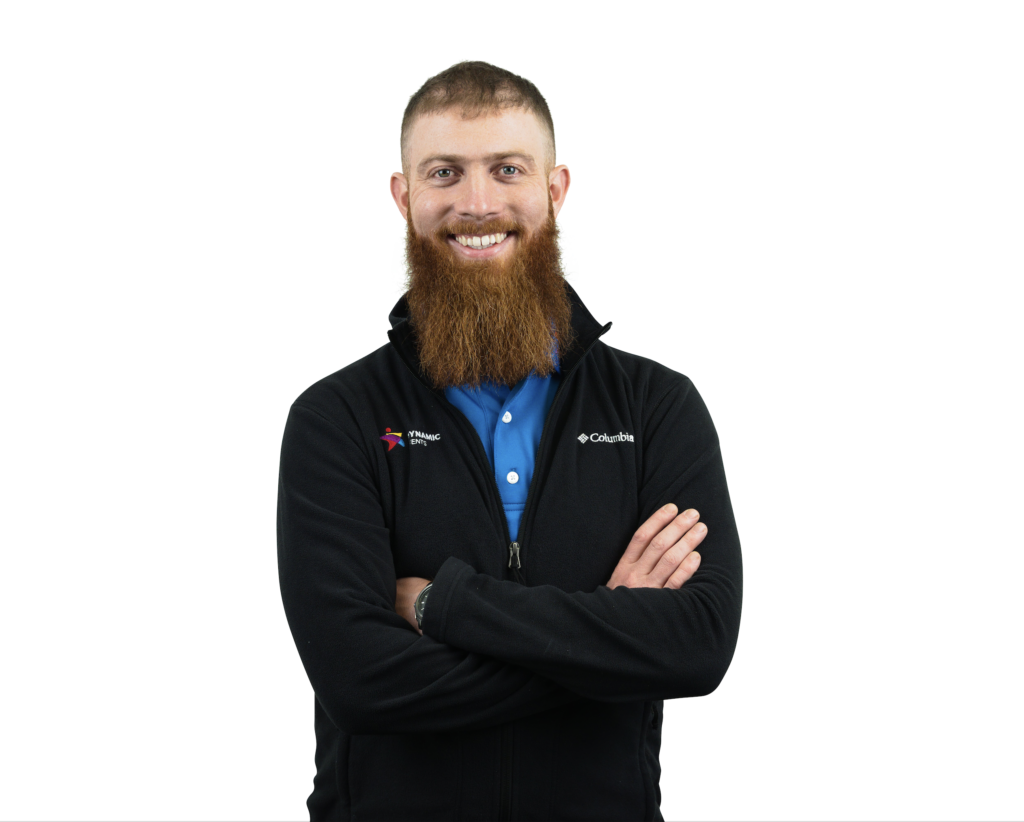ThinkBusiness speaks to Niall O’Connor, commercial director of Dynamic Events, a company founded in 1996 by Richard Phelan and has successfully pivoted since the Covid-19 outbreak.
Tell us about Dynamic Events
Dynamic Events was set up primarily to provide outdoor activities for the domestic corporate market and also as a supplier of activities to Destination Management Companies who arrange incoming business tourism events from around the world. Dynamic Events the company was one of the first of its kind in Ireland at the time so you could say we have always been ahead of the game. In the early years the company evolved from providing outdoor pursuits to offering a broader range of team building events to include indoor events and evening entertainment.
What is it you do exactly?
For nearly 25 years, Dynamic Events has been at the forefront of creating concepts and delivering team building and corporate events to some of the world’s biggest companies. We offer a wide range of over 50 team events to choose from. We delivered 450 events in 2019 and our events cater for groups of all sizes from five people up to over 1,500 people.
Our event management services cover a broad range of corporate events like conferences and business meetings, awards nights and gala dinners, to family fun days, company celebrations, lunch events and brand activation events.
“My advice for any small business owner is to empower, trust and encourage entrepreneurship in the workplace”
For the past number of years, we have been investing heavily in and developing different technologies to help us deliver our events. This foresight has put us in a very strong position to convert a lot of our products and services to suit virtual and online events.
How did you become involved in the company?
I graduated from DIT in 2009 as a quantity surveyor. This was during the last recession and with the construction industry hit particularly hard, there weren’t many opportunities in Ireland. In 2010, a mutual friend put me in touch with Richard who at the time was looking to fill a temporary role. It was basically to answer the phone and look after emails.
You became a company director within three years – how did you achieve this?
During my first few years the company was, like most other companies at the time, affected by decreased demand due to the recession so it was operating at about 25 per cent of what it is now. There was a small team, so it was easy to stand out. I would often put forward proposals, ideas or solutions which I believed would make the business better. I have a broad set of skills that suit small business. My QS background and being good with numbers meant I was able to identify costs savings to make the company leaner and introduce pricing systems to increase conversions.
I also brought technology skills to the company which meant I could very quickly improve how the business administration operated. I helped streamline internal systems which made for a more fluid sales cycle.
“Be proactive. Don’t just wait for things to happen”
I continued to upskill and studied part time and graduated with a Level 9 diploma in digital marketing at The Digital Marketing Institute before completing a degree course in graphic design at The Dublin Institute of Design.
My advice for any small business owner is to empower, trust and encourage entrepreneurship in the workplace. Younger employees are the future of your business, so you need to create an environment where they are allowed to grow. I was very fortunate to be able to experience this type of environment.
What advice would you give someone looking to climb up the ladder?
Be proactive. Don’t just wait for things to happen. Look outside of your job description. Show an interest in all aspects of the business, not just your own department. Broaden your skills, keep learning new things and look to further education.
Offer new ways of doing things. If you believe something can be improved within a business put forward and implement your ideas. Work hard and work smart.
How has Covid-19 impacted the business?
It’s an interesting question and it really depends how you view negative situations. The quick answer would be to say it had a detrimental effect on the business.
Our business reduced to zero bookings pretty much overnight. We found ourselves in a position of having no events, and no prospect of an event, on our books until restrictions were lifted. Pipeline reduces to zero but yet operation costs remain the same. How you react to a crisis very much depends on mindset.
“In many ways we were unintentionally prepared for a quick shift to online”
Once the realisation set in that what we do as a business is no longer possible, we had to rapidly rethink how we do business.
First thing we did was to identify the tools we had at our immediate disposal that could help us through. What we had was a great team of people and technology. When you combine the two, we had a new way of doing business.
What happened next?
In many ways we were unintentionally prepared for a quick shift to online. Our journey started in 2016 when we began a €400,000 investment in different technologies that help us run the business and deliver events. Companies, like ourselves, that have solid business systems, and that have invested in technology are the ones that can now afford to enter reinvention mode rather than survival mode.
Using technology and moving events to a virtual world was the only available option. Our entire business depends on face-to-face business events so we needed solutions that could engage people even though they weren’t allowed to be in the same room as one another. The process involved identifying key sectors where we might be able to assist organisations to rethink how they do events.
“Regardless of when restrictions are lifted, I believe remote working is here to stay so it’s important that we provide an outlet for remote workers to stay connected and engaged”
What impact has moving online had on the business?
Every day is a challenge, but the challenges bring new opportunities. There’s been both negative and positive impacts. We had to temporarily lay off our operations team. We were starting at zero so our event volumes have severely reduced. This means a lot less event administration, project management and no requirement for face-to-face event staff.
The positive impact is that we are converting current bookings to online events, reaching new customers, creating new opportunities for the business that didn’t exist before and we now have access to a global market for team building for remote workers.
Regardless of when restrictions are lifted, I believe remote working is here to stay so it’s important that we provide an outlet for remote workers to stay connected and engaged.
How important have staff been during these last two months?
We owe all our success to our team. We see ourselves as being in start-up mode, we all have new jobs, and everyone is playing multiple roles within the company. We are all in it together. Our team have the skills and determination to succeed so if we work hard and work smart, we will be successful.
What are your plans for the future?
The number one goal is to survive and stay relevant. We want to get business revenue back to a level where we can see our colleagues return from temporary layoff.
It’s impossible to predict what the future looks like post Covid-19 so we are putting plans in place to prepare for several different scenarios. It’s difficult to see face-to-face events or traditional team building returning in the short term but we can’t be sure, so we have to plan for that.
Interview by Stephen Larkin
Published: 15 May, 2020







